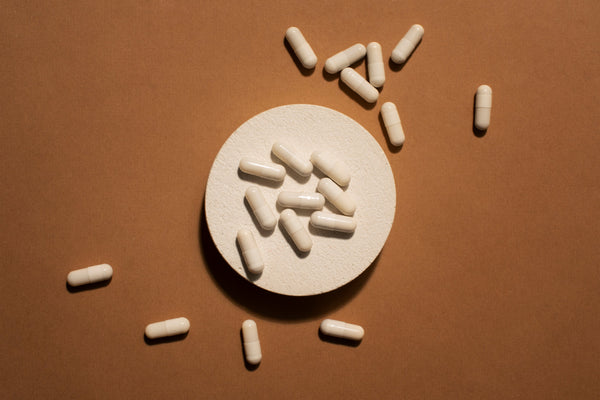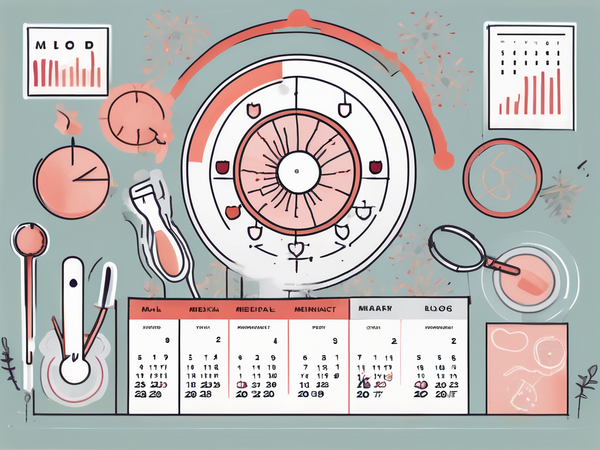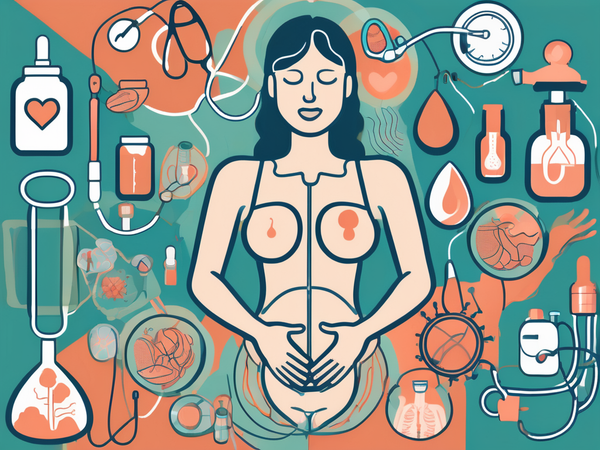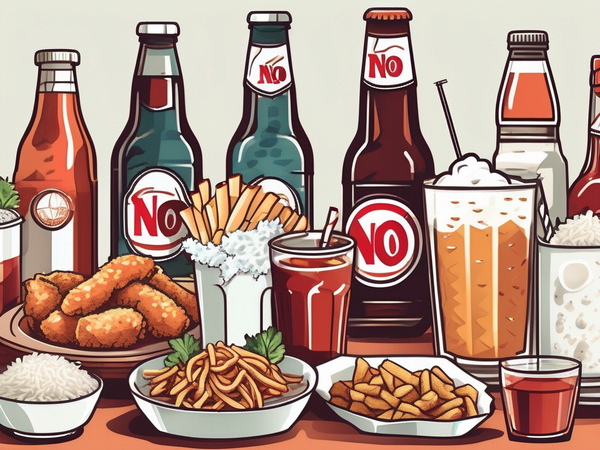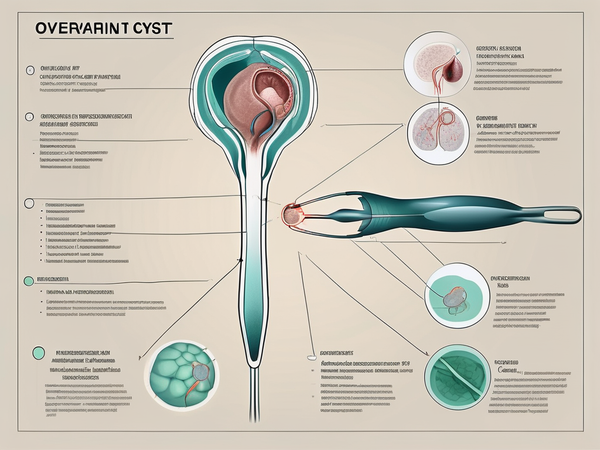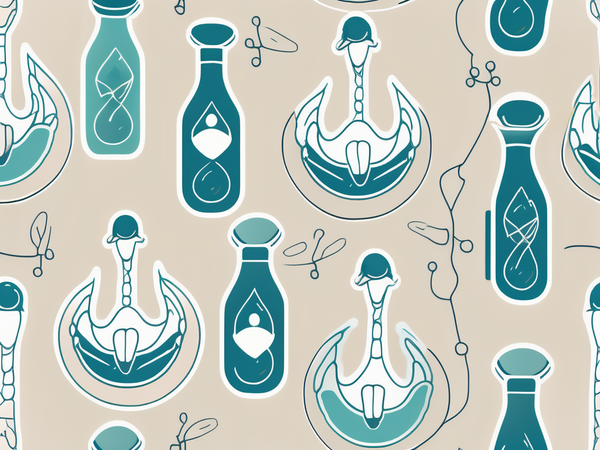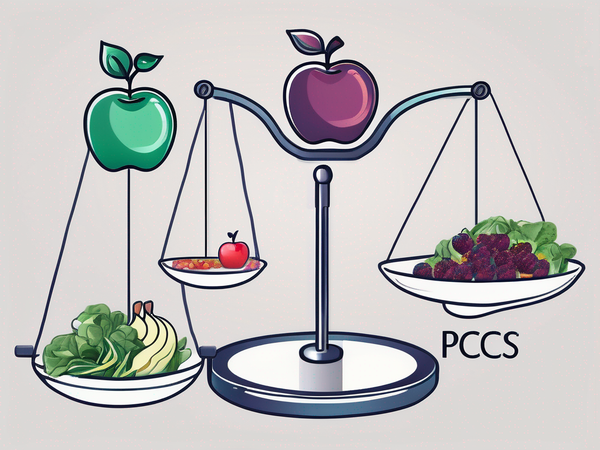Tired of mood swings, painful cramps, or other uncomfortable PMS symptoms? While you may not like the discomfort it brings, the truth is that menstruation is actually a vital part of a woman’s health. It helps regulate your hormones, protect your bones, and keep your body and mind in balance. However, nothing lasts forever, and there comes a time when your periods stop for good. This is called menopause, and it usually happens between the ages of 45 and 50. The transition from having periods to not having them is called perimenopause. Both of these stages can bring some challenges, such as hot flashes, insomnia, bone loss, and heart problems. But don’t worry; you can still enjoy this new phase of your life by getting the right nutrients. A balanced diet and supplements can provide you with the essential nutrients you need to ease the symptoms and reduce any health risks. Let us see how nutrition can play a role, whether it’s using multivitamins for her to ease the symptoms or iron supplements.
What is menopause?
Menopause is a natural process that occurs when your menstrual cycle stops permanently. It marks the end of your reproductive years and the beginning of a new phase of your life. Menopause is officially diagnosed when you have not had a period for 12 months. The time leading up to menopause, which can last from 7 to 14 years, is called perimenopause. During this time, you may experience changes in your hormone levels, which can cause symptoms similar to premenstrual syndrome (PMS). Perimenopause usually starts between the ages of 45 and 55, but it can vary from person to person. Menopause can also be induced by surgery, such as a hysterectomy, which removes your ovaries that produce hormones. The stage after menopause is called postmenopause. During this stage, you may have a higher risk of developing certain health conditions, such as heart disease and osteoporosis, due to the decline of estrogen in your body. Some of the common symptoms of menopause are:
Symptoms of menopause
A lot of women experience these common symptoms while going through menopause:
- Hot Flashes
- Urinary incontinence
- Disturbed sleep
- Low Libido
- Mood swings
- Weight Gain
- Night Sweats
- Joint aches
- Decline in memory
Nutritional strategies for managing menopause
Menopause with aging is inevitable, but nourishing your health with the right nutrition can help you deal with its symptoms and reduce the risks of health complications. We've listed a few nutritional strategies that can help you ease menopausal symptoms:
1. Eat bone-enhancing nutrients
Our bones start to degrade after the age of 30. The lack of estrogen further accelerates this process. Eating bone-building minerals like calcium and vitamin D through a variety of foods like dairy (milk, yogurt, cheese, etc.), whole grains (ragi, oats, amaranth, etc.), nuts and seeds (sesame, almonds, walnuts, chia seeds, etc.), oily fish (salmon, sardines, mackerel), egg yolks, fortified cereals, etc. can have a protective effect on bones in the absence of estrogen and progesterone.
2. Make your meal colorful
Most women underestimate the importance of including a variety of fruits and vegetables. They are the best multivitamins for her, provided by nature. By including a variety of colorful fruits and vegetables, you will provide your body with adequate vitamins, minerals, antioxidants, and fiber. Vegetables like collard greens, spinach, and turnips are also great sources of calcium, which will strengthen bones. If your diet falls short, the nutraceutical market is overloaded with multivitamin tablets for her. Opt for the ones that provide 100% RDA of all B vitamins, including omega-3 fatty acids, vitamin D, etc. Multivitamin capsules are nowadays made with slow-release technology for maximum absorption, even in the most sensitive area of the gut.
3. Have omega-3-rich foods
Studies show that eating omega-3-rich foods can help alleviate menopausal symptoms such as hot flashes and vaginal dryness, apart from treating hypertriglyceridemia, joint pain, and depression. These symptoms are commonly observed in the menopause phase due to a lack of estrogen and progesterone hormones.
4. Include foods containing phytoestrogen
Phytoestrogens are components of certain foods that mimic the human estrogen hormone. However, they are weaker versions of estrogen with lesser activity. Some studies have shown that in certain women, phytoestrogens derived from foods such as soy, chickpeas, clover, lentils, and beans may help reduce the frequency of menopausal symptoms such as hot flashes.
5. Power up with protein
Protein is required in almost all stages of life. Postmenopausal women tend to gain more weight as their metabolism slows down. The body tends to accumulate more weight due to the protein "leverage effect." This means that if the menopausal woman’s diet lacks sufficient protein, the body tries to compensate by driving her to eat more calories, leading to weight gain. Unnecessary weight gain can be prevented during the menopause phase by ensuring sufficient protein intake, reducing carbs and fats, and staying physically active.
6. Lower the spice
It would be a wise decision to cut down on your spice intake during the menopausal phase, as spices have the potential to increase your body temperature. This ability may further trigger or worsen your symptoms of hot flashes and night sweats.
7. Say no to addictives
Menopausal symptoms such as hot flashes, depression, night sweats, and sleep disruption can further worsen with the consumption of alcohol, caffeine, and other drugs. Train your body and mind to restrict and gradually eliminate these non-nutritional, harm-inducing substances.
8. Ditch the processed foods
It may be hard to resist your favorite burger or cheese-loaded pizza, but it can further worsen your menopausal symptoms. Menopause tends to slow down your metabolism, making you susceptible to weight gain. If you continue to indulge in junk or processed foods frequently, they will further contribute to weight gain through extra calories. Moreover, studies have demonstrated that ultra-processed foods cause more intense menopausal symptoms, while plant-based diets have been associated with lesser intensity.
9. Check for iron
Many women continue to take iron supplements, even after menopause. However, some studies state that increased iron consumption after menopause may pose some health risks for women. The need for iron supplements for women needs to be analyzed and confirmed by a physician in order to avoid toxicity or complications in the postmenopausal phase.
Wrapping Up
A woman’s body keeps undergoing physiological changes; menopause is one such important transition. Making the right dietary choices that provide sufficient multivitamins for her can go a long way toward making this transition a smoother process.
References
https://www.nutrition.org.uk/life-stages/women/menopause/
https://health.clevelandclinic.org/menopause-diet/
https://www.bda.uk.com/resource/menopause-diet.html
https://onlinelibrary.wiley.com/doi/abs/10.1111/nbu.12607
https://www.hopkinsmedicine.org/health/conditions-and-diseases/staying-healthy-after-menopause
https://womensmentalhealth.org/posts/phytoestrogens-and-menopause/
https://www.nia.nih.gov/health/what-menopause












